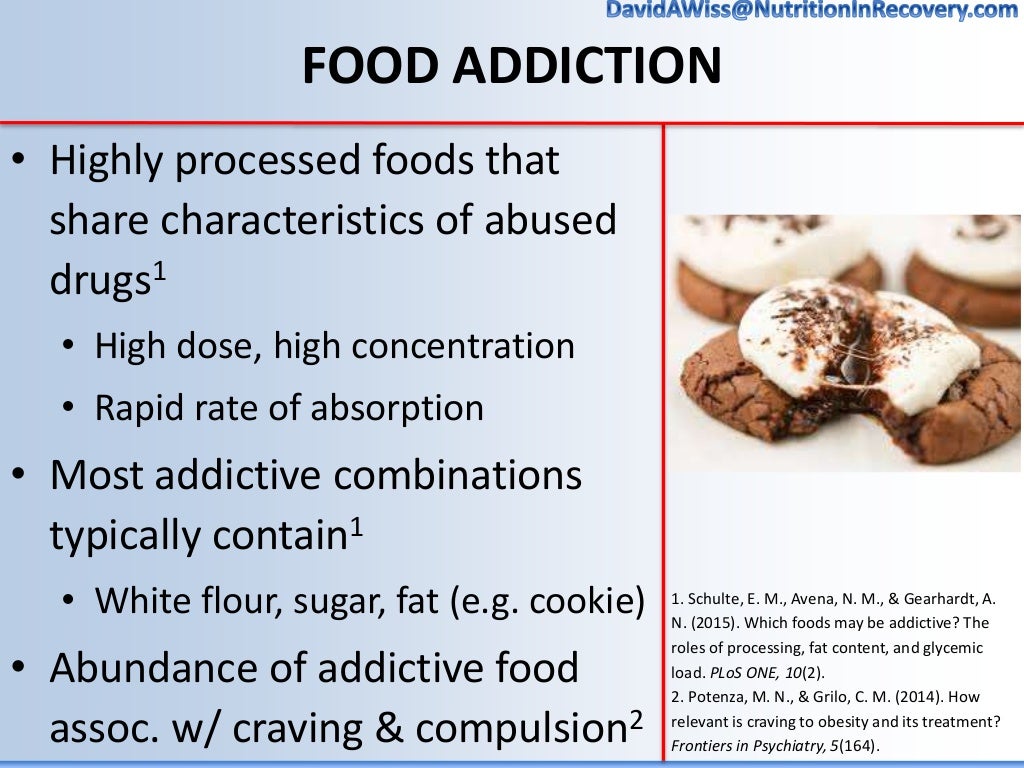Supporting a Loved One with Anorexia: Advice for Families and Friends for Beginners

Understanding Anorexia: Causes, Symptoms, and Treatment Options
Anorexia nervosa is a intricate and serious mental health and wellness problem identified through an extreme fear of obtaining weight and a altered body picture. People with anorexia typically possess an extreme preoccupation with meals and their body weight, leading to intense constraints in their eating habits. This debilitating ailment can have devastating outcomes on both physical and mental well-being if left behind untreated. In this write-up, we will certainly check out the trigger, signs, and therapy choices for anorexia nervosa.
Source of Anorexia nervosa:
The specific reason of anorexia nervosa are not yet entirely recognized. Having said that, a number of variables may contribute to the growth of this condition. One notable aspect is genes – people along with a family background of consuming ailments are much more most likely to create anorexia. In addition, particular individual characteristics such as perfectionism and low self-esteem can increase the risk of developing the problem.
Societal variables likewise participate in a task in the development of anorexia nervosa. The media's imitation of thinness as the ideal physical body type can easily influence people to make every effort for outlandish standards, leading to disordered eating behaviors. Moreover, cultural pressures that emphasize slimness or relate appeal with being slim can easily provide to the progression of anorexia.
Psychological factors such as anxiety, clinical depression, or obsessive-compulsive inclinations may likewise add to the beginning of anorexia. Individuals may make use of meals restriction as a method to reclaim control over their lives or deal with mental difficulties.
Signs and symptoms of Anorexia nervosa:
Pinpointing the signs affiliated with anorexia is vital for early detection and treatment. While each individual's encounter may differ, common indications include:
1. Serious body weight reduction: Individuals with anorexia commonly have a considerably reduced body system body weight matched up to what is considered healthy and balanced for their grow older and elevation.
2. Obsession with food items: Regularly presuming regarding food items or engaging in practices around mealtime.
3. Restrictive eating routines: Intense calorie stipulation, avoidance of particular meals teams, or rigorous diet programs policies.
4. Altered physical body image: Identifying oneself as obese despite being undernourished.

5. Too much exercise: Engaging in rigorous bodily task to melt calories overly.
6. Social withdrawal: Preventing social activities that include meals or gatherings where eating is involved.
7. Binge Eating : Fatigue, unsteadiness, hair reduction, and completely dry skin due to poor nutrition.
Treatment Options:
Alleviating anorexia commonly requires a multidisciplinary method entailing clinical experts, therapists, and nutritional experts. The key objective of procedure is to recover physical health and resolve the rooting psychological factors adding to the ailment.
1. Medical intervention: In serious instances where people are at instant threat of medical problems, hospitalization may be necessary to stabilize their wellness and give nutritional support.
2. Psychotherapy: Cognitive-behavioral therapy (CBT) is often made use of to aid people test their negative thoughts and views about food and body image. Various other restorative technique such as family-based treatment (FBT) or interpersonal treatment (IPT) might likewise be reliable depending on the person's demands.
3. Dietary therapy: Working along with a registered dietitian can assist people establish a well-balanced relationship along with food items while gradually restoring weight in a controlled manner.
4. Drug: In some cases, drug might be suggested together with treatment to take care of any type of co-occurring mental health health conditions such as clinical depression or anxiousness.
Rehabilitation coming from anorexia may be a long-term method that demands ongoing help even after first therapy has ended. Help groups, hospital programs, and follow-up consultations are important for preserving rehabilitation and stopping relapse.
Final thought:
Understanding anorexia includes realizing its trigger, identifying its indicators early on, and supplying necessary treatment possibilities customized to each individual's necessities. Anorexia nervosa is a significant ailment that may have extreme repercussions, but along with the ideal support and interference, people can easily recuperate and reclaim a healthy partnership with food items and their bodies. It is essential to raise recognition regarding anorexia nervosa, lessen preconception surrounding mental wellness problems, and ensure very early discovery to guarantee that those affected get the assistance they need to have to gotten rid of this debilitating ailment.
